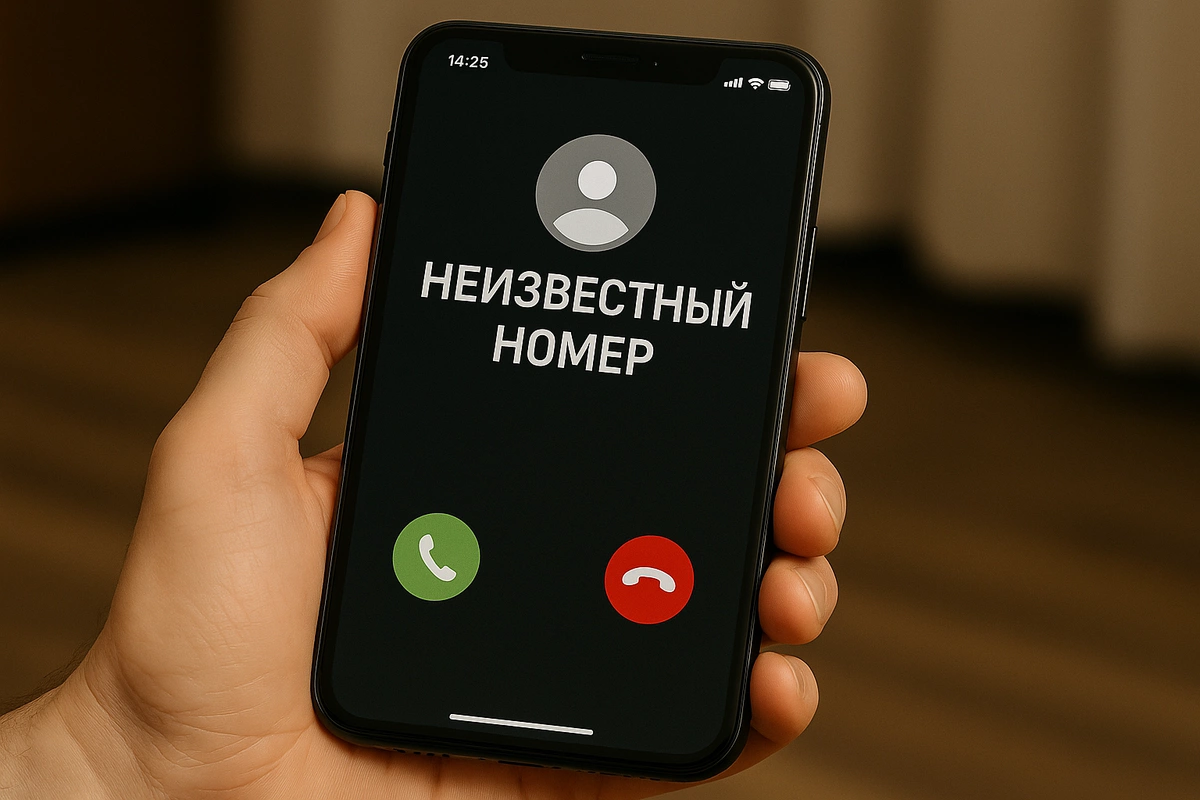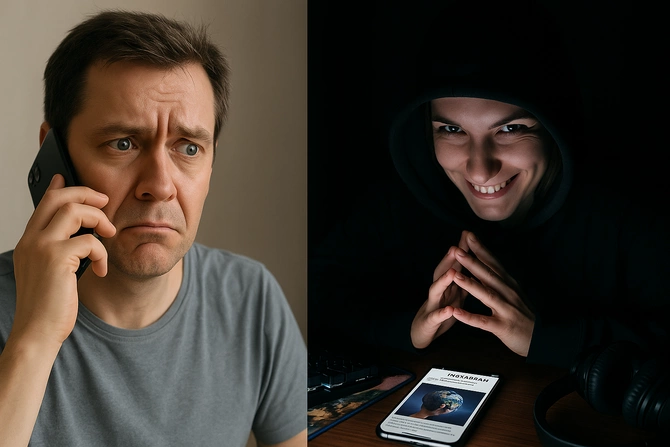The Missed Call Trap: Why a Dropped Call Could Cost You Money

📅 May 10, 2025 - Over the past few months, there has been a noticeable increase in brief phone calls from unknown numbers that are immediately dropped. At first glance, it may seem like a technical glitch or a wrong number. In reality, however, this can be part of a well-organized phone scam aimed at tricking you into calling back - and that"s when the real danger begins.
📞 Why do scammers call and immediately hang up?
Fraudsters and spam operators often use automated dialing systems to make thousands of calls per day. Each call lasts just 1–2 seconds. When you see a missed call - curiosity or urgency pushes many people to call back.
This could happen when:
-
You're waiting for a courier delivery;
-
You've posted something for sale and expect a buyer to reach out;
-
Or it"s simply an unknown number, and your curiosity gets the better of you.
And that"s exactly what scammers want - for you to make the first move.
⚠️ What makes it dangerous?
1. You"re added to a "live numbers" databaseEven if no one picks up your return call, your number is now tagged as "active." It may be sold to spammers, shady call centers, or reused in future scam attempts.
2. You might call a premium-rate numberSome of these numbers charge you per minute. You might hear music or a message like "Please hold for the operator." Meanwhile, you"re being charged $2–5 per minute - and you made the call voluntarily, so it"s hard to dispute the charge with your provider.
3. You could speak to real scammersYou may reach someone pretending to be from your bank, delivery service, or even "Google support." Common tactics include:
-
Asking for your personal information;
-
Requesting a verification code from an SMS;
-
Claiming suspicious activity on your account;
-
Creating pressure and panic to force you into action.
🔍 Real scam examples (2024–2025)
-
A missed call from an international number like +375, +994, or +221. You call back and are charged hundreds of rubles (or dollars) per minute.
-
A fake "bank security" agent warns you about a suspicious transfer and asks for an SMS code. Result: all your funds disappear.
-
A scam "courier" tells you your delivery failed and asks for your full name, address, email, and phone number - which are later used for other scams.

🛡 How to protect yourself
✅ 1. Use caller ID & spam detection apps-
Getcontact - shows how the number is labeled by other users ("scam," "don"t answer," etc.).
-
Truecaller - a global spam filter and caller ID app.
-
Other alternatives: NumBuster, Kaspersky Who Calls, Hiya.
Major providers like MTS, Beeline, Tele2, and MegaFon offer features such as:
-
"Smart Secretary"
-
"Spam Blocker"
-
"AI Call Filter"
These services can automatically screen calls, record conversations, and send you transcripts so you decide whether to respond.

Before calling back, search the number on Google or use services like:
These sites collect user reports about suspicious numbers.
✅ 4. Avoid calling back unknown international numbersCommon scam prefixes include:
-
+375 (Belarus)
-
+994 (Azerbaijan)
-
+221 (Senegal)
-
+234 (Nigeria)
If you don"t know anyone in those countries - don"t call back.
📌 Final thoughts
Scammers rely on scripts and psychological pressure - urgency, fear, and surprise. One innocent callback can trigger a chain of spam, fraud attempts, or even real financial loss.
📝 Conclusion
A dropped call isn"t always a mistake - it might be bait. Don"t call back without checking. Use modern tools to protect yourself, and share this information with family and friends.
Similar News
Named the lifestyle that reduces the level of happiness
Chinese psychologists have found that young people who support the "lying flat" (tang ping) lifestyle are, on average, less satisfied with their lives. Moreover...



 Azərbaycanca
Azərbaycanca  По-русски
По-русски  English
English 






